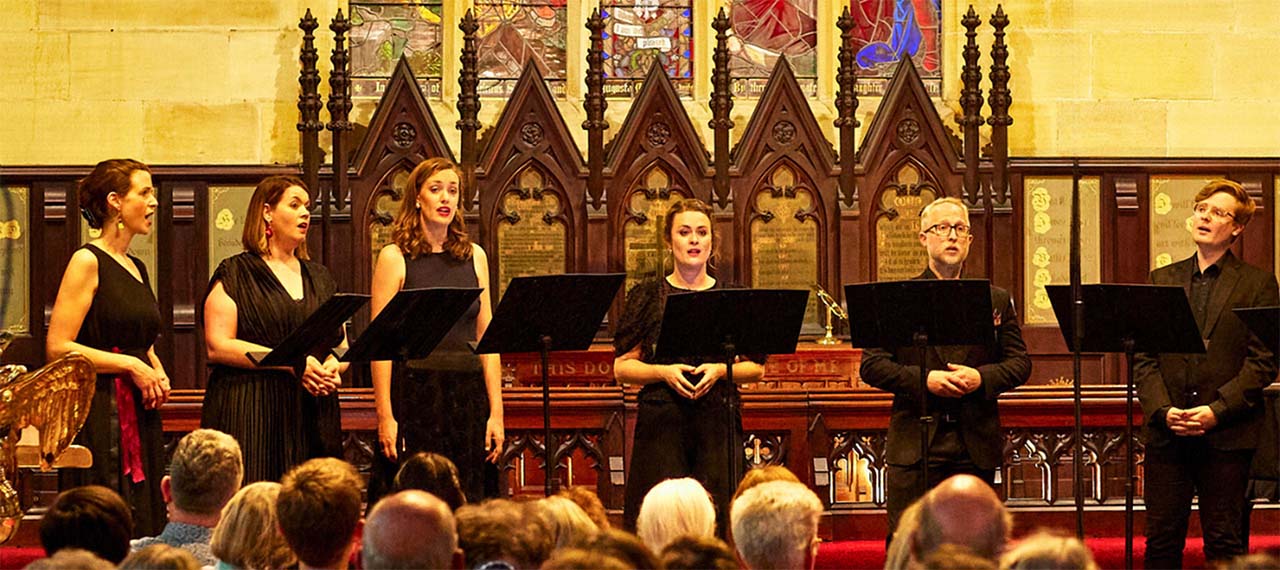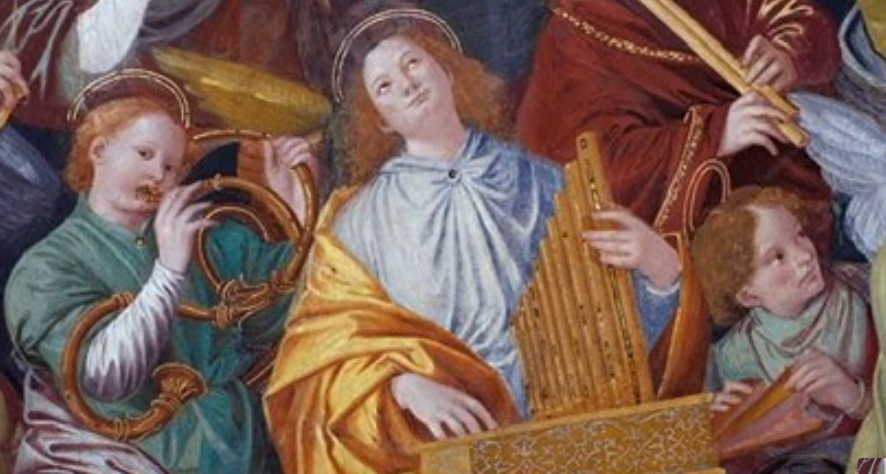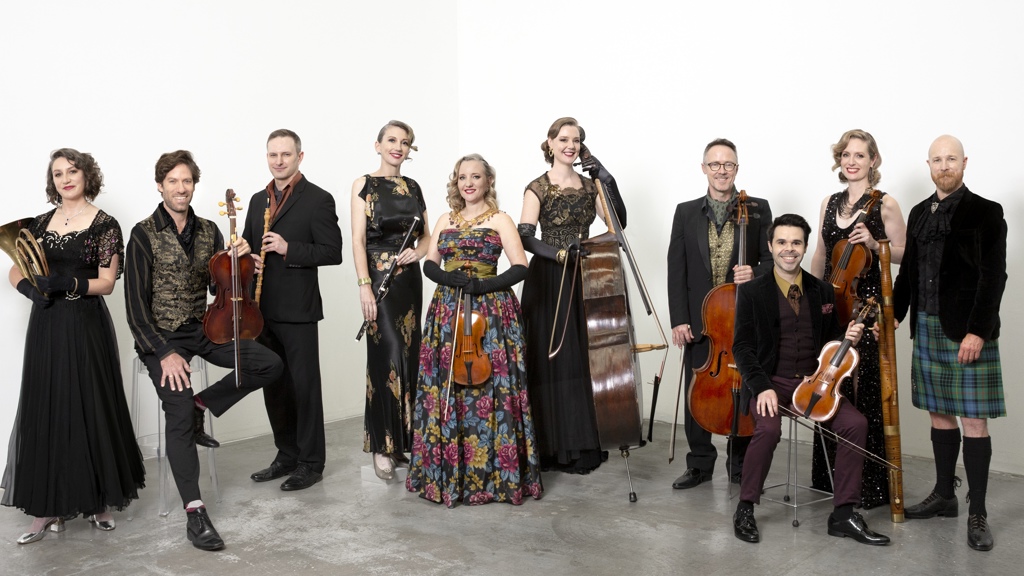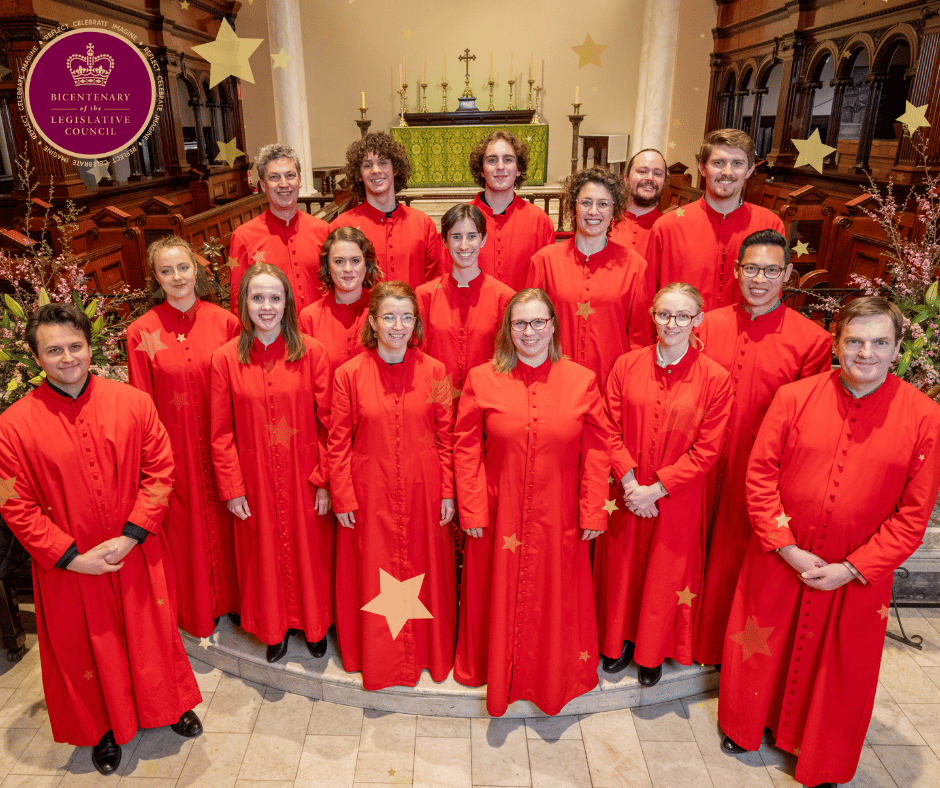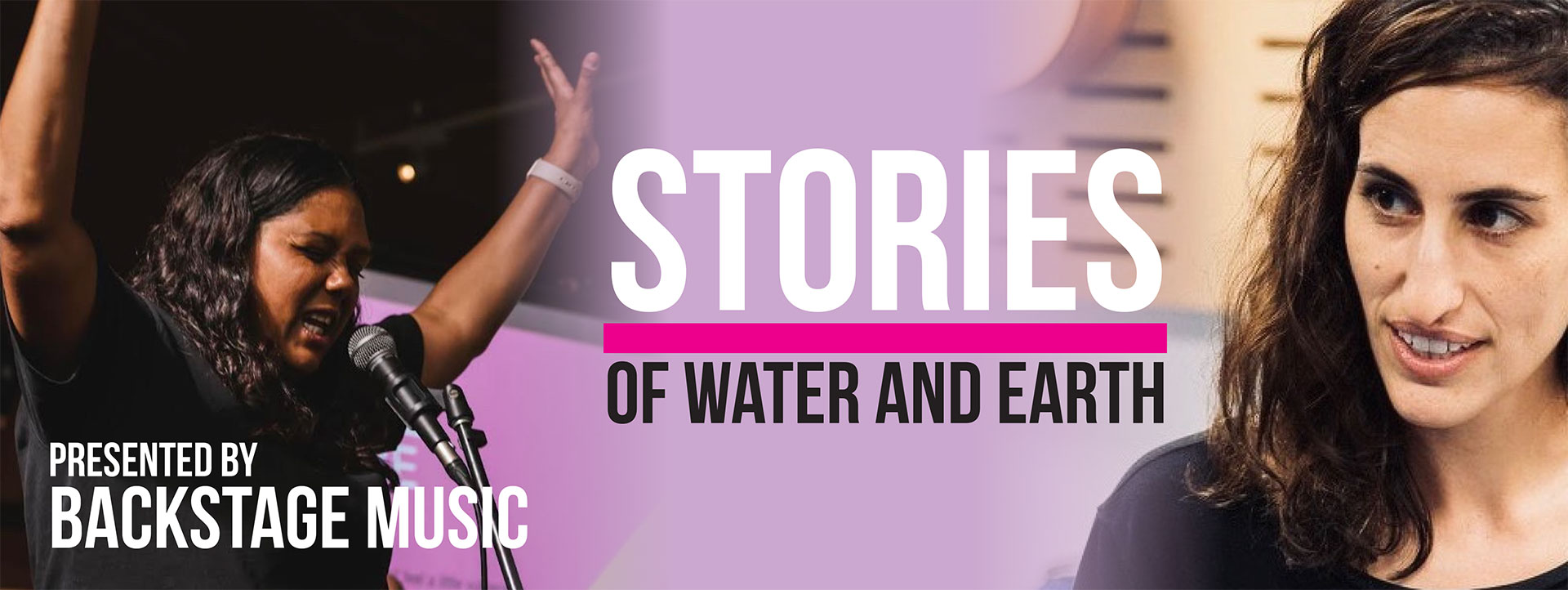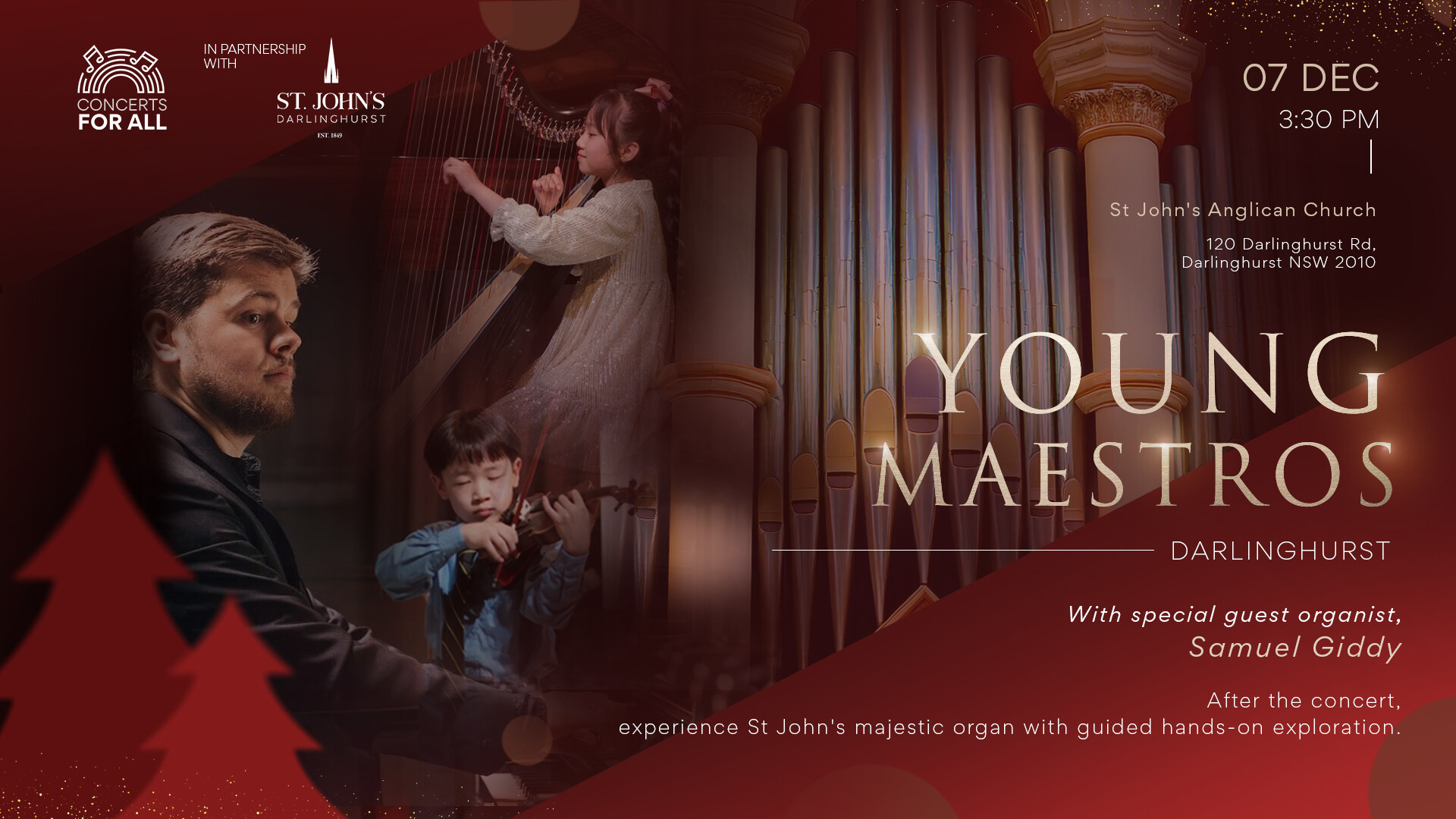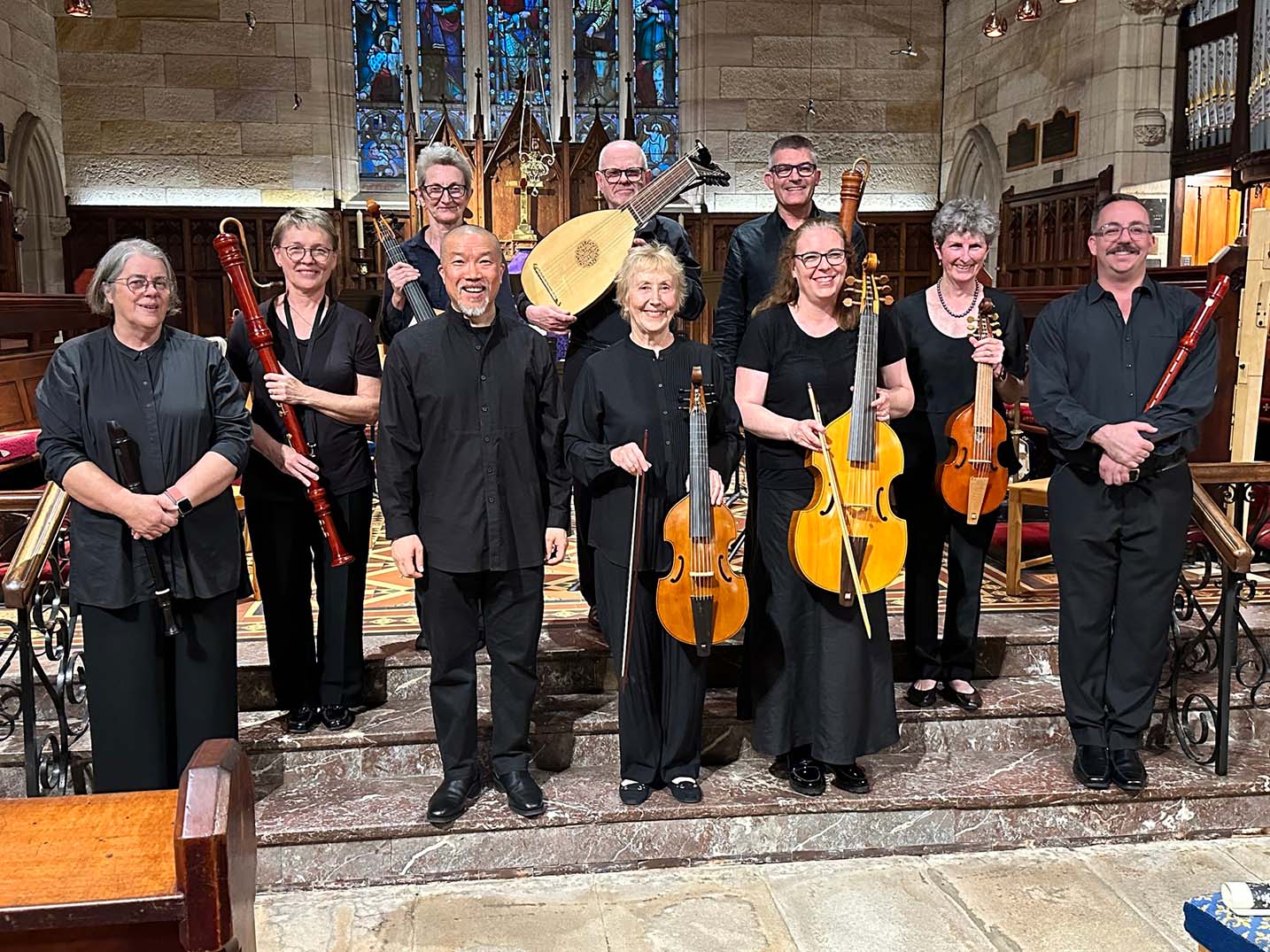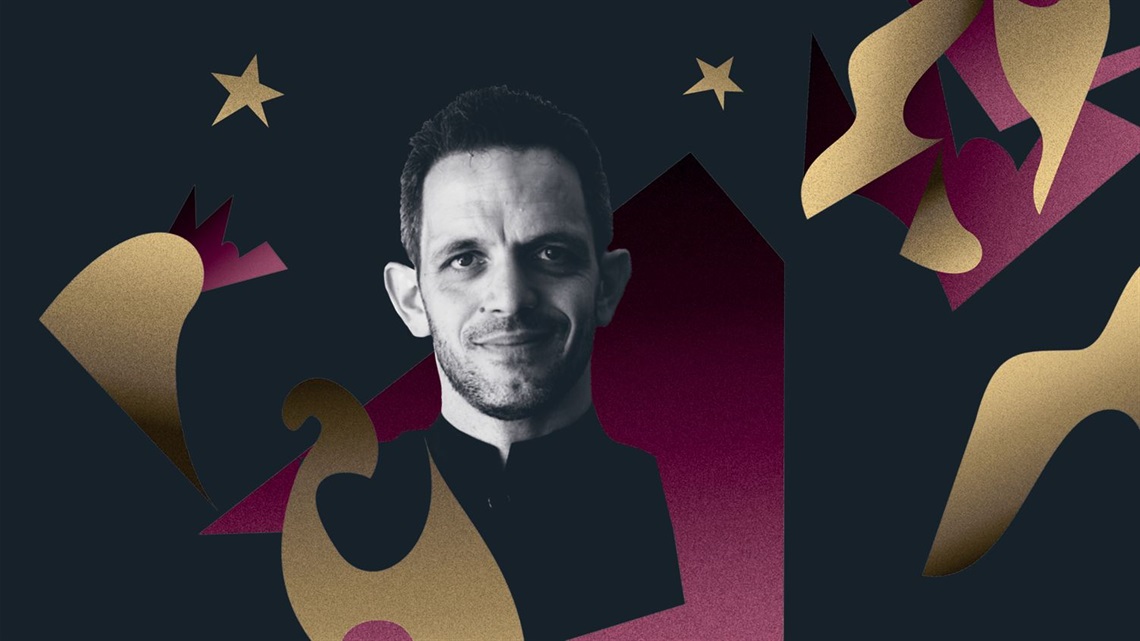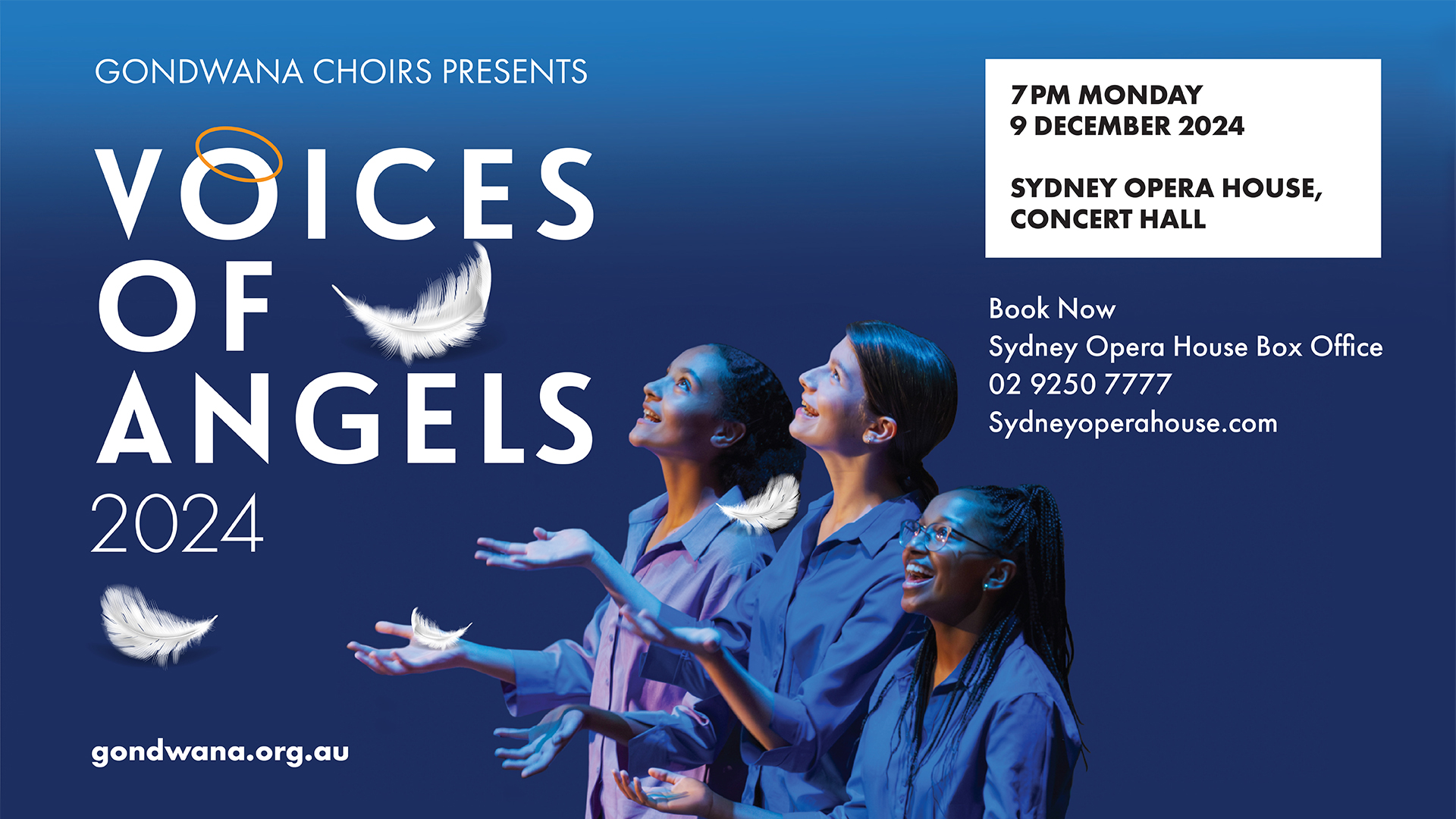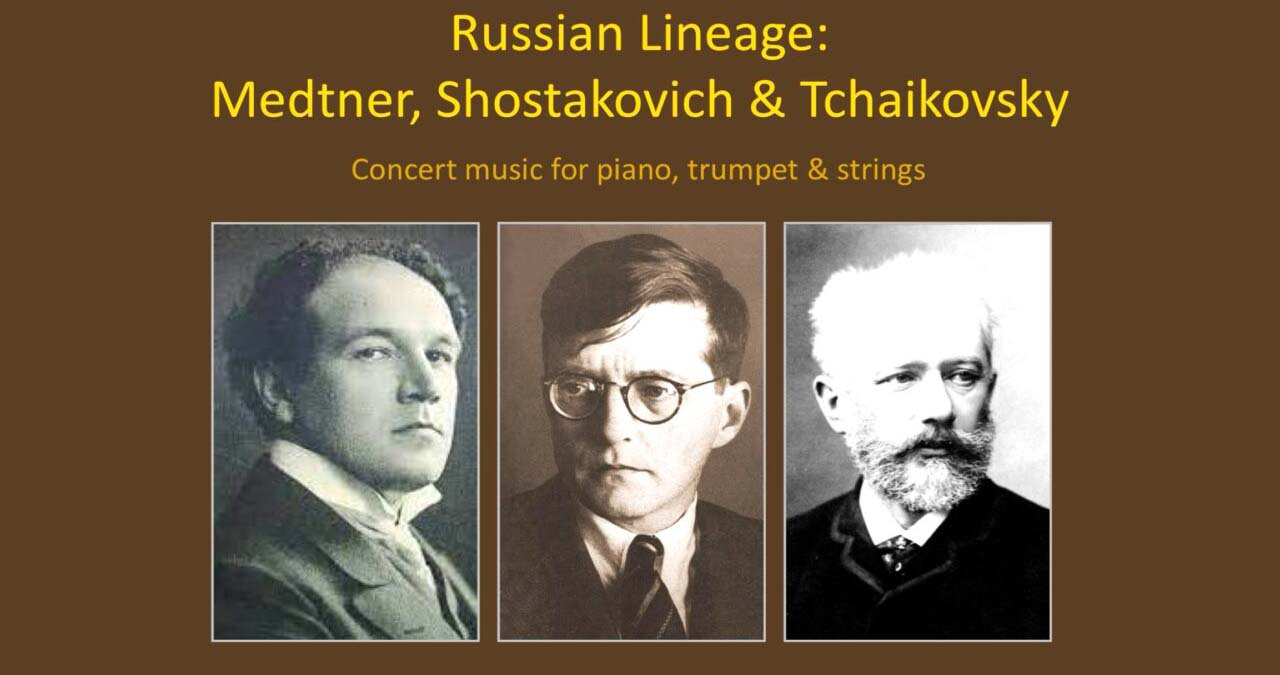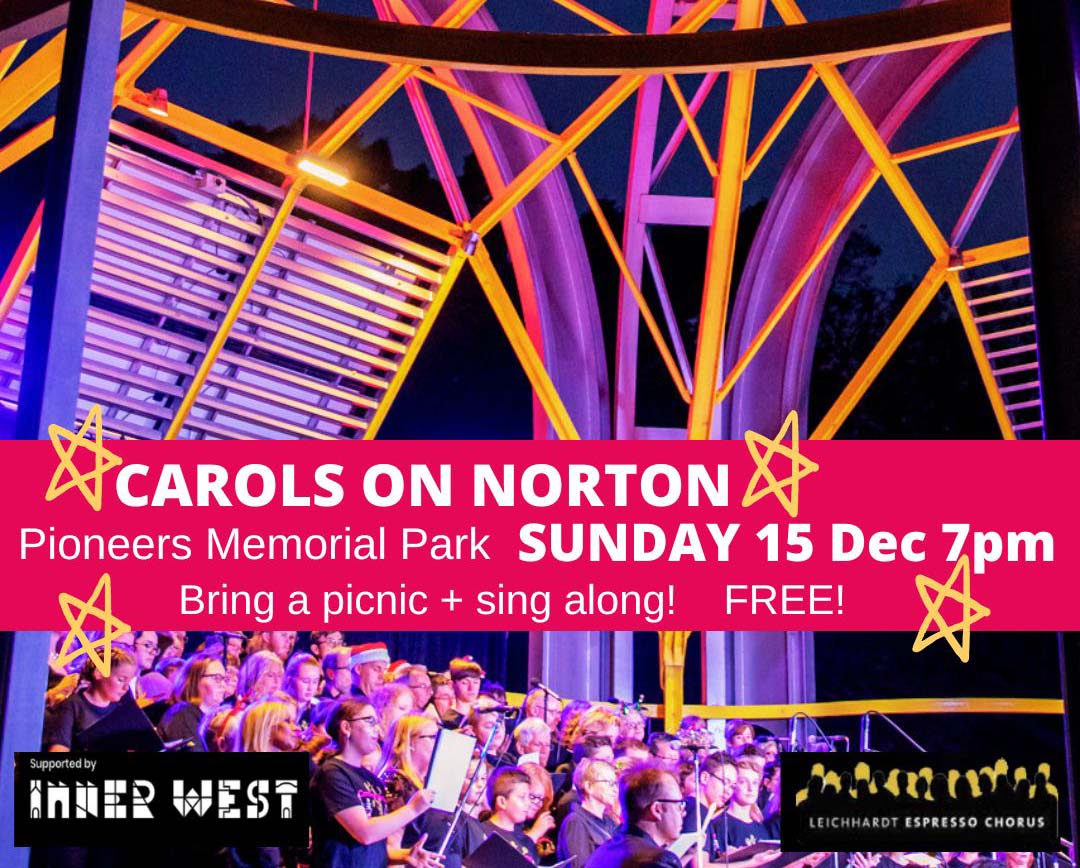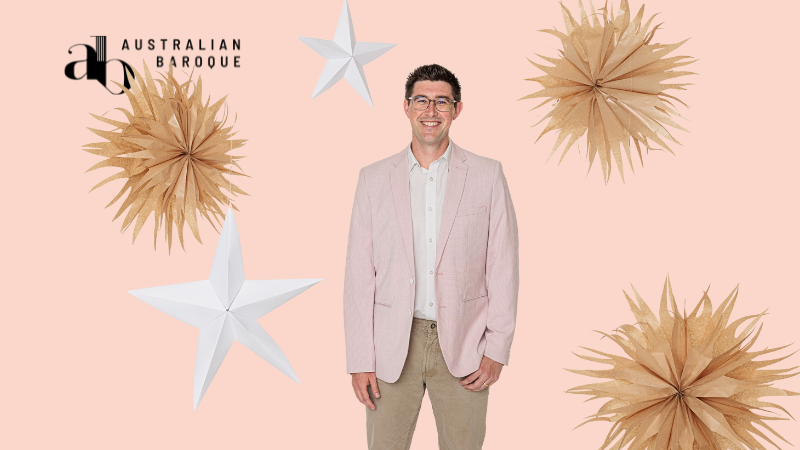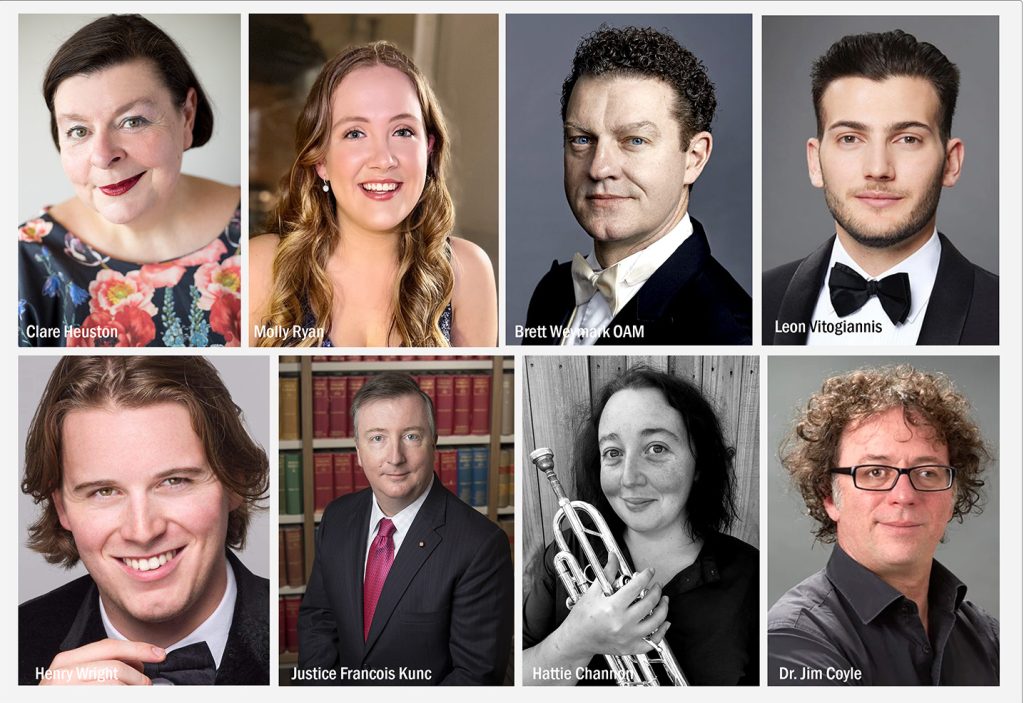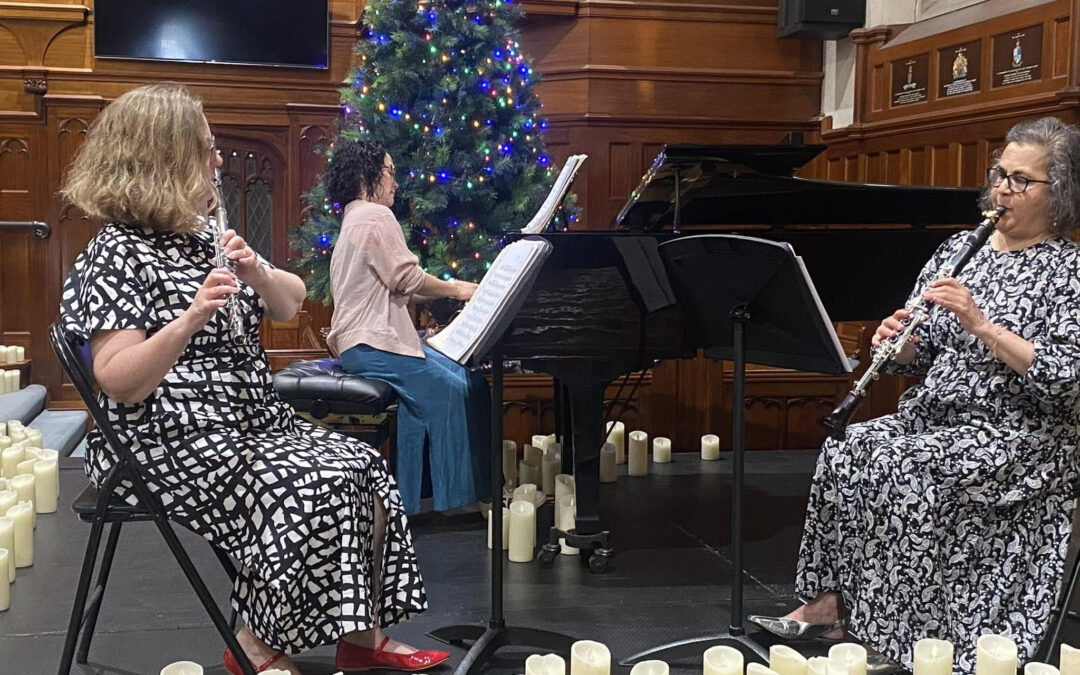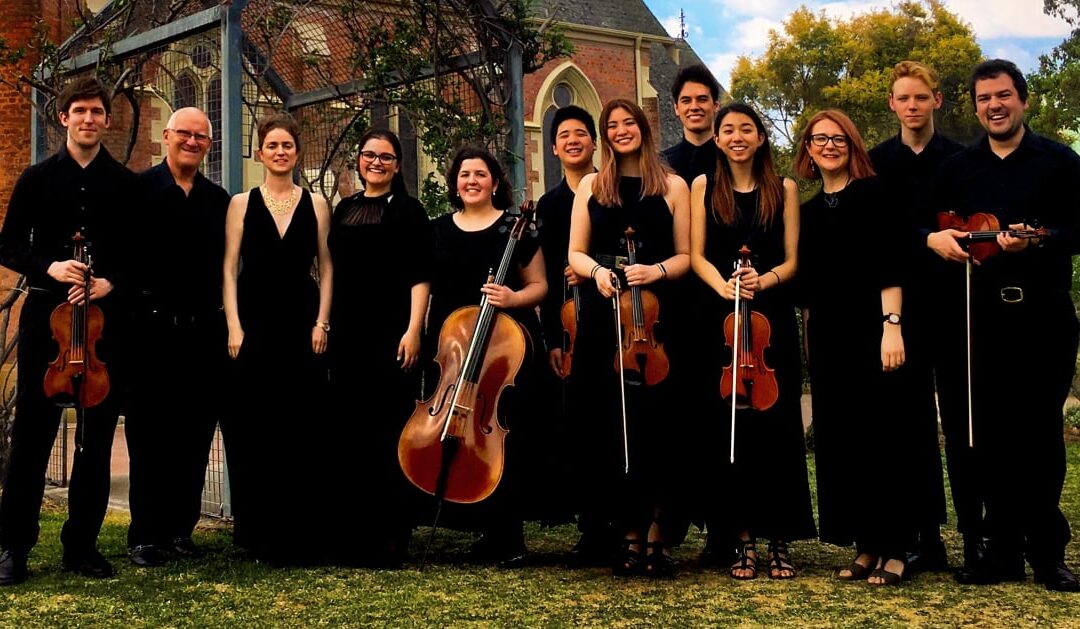On a cold and rainy Sunday, most people would prefer to be indoors and rugged up. But at a time when live music is experiencing the revival it desperately needs, I and many others jumped at the chance to see the Australian Haydn Ensemble perform live at City Recital Hall. Celebrating their first return to concert stages in over a year, the ensemble marked the occasion with a program of intriguing string quartets dedicated to Prussian King Wilhelm II. With a large, eager audience gathered in the main hall, Skye McIntosh (violin, artistic director), Matthew Greco (violin), Karina Schmitz (Viola), and Daniel Yeadon (cello) came together on stage as the Australian Haydn Ensemble to celebrate their return to live performances.
The concert menu began with Ignaz Joseph Pleyel’s (1757-1831) quartet in G minor, Ben. 339 (1736); a composer not heard much in programs around Sydney. Opening with a light and playful Allegro, the first movement instantly displayed the seamless synchronicity the ensemble has achieved. Furthermore, the first impression of the ensembles overall tone is one that is rich, warm, and blended, yet distinct from any other quartet I’ve heard before. The second movement, ‘Adagio non troppo’, showed the quartet’s ability to create a meaningful interpretation through expressive and lyrical phrasing. Rounding out the work with an exciting Allegro moderato, the last movement showcased the quartet’s virtuosic abilities, with all members trading rapid semiquaver passages with each other. The final movement suddenly shifts gear into an expressive ‘Menuetto cantabile’ – a rarely seen movement insertion -, before returning to the brisk Allegro for a triumphant finish.
Although the next course was Franz Joseph Haydn, McIntosh introduced Wolfgang Amadeus Mozart’s String Quartet No.23 in F Major, KV. 590 (1790), and for good reason. The Mozart opening movement is fiendishly difficult, with fast scalic passages in all parts. The playful writing and repartee between different couplings were met with ease by all the players, however special mention must be made to Yeadon who executed these high positioned runs with fluidity and grace. Also mesmerising was Schmitz’s rich tone in her call and answer with Yeadon, accompanied by familiar glances and noticeable joy. At times it seemed the tempo wanted to gallop, but the quartet never came unstuck. The Andante brought much relief from the previous movement, and here we saw real magic; every note was placed perfectly, and every silence was alive with expectation. The audience was hanging on the quartet’s every glance.
A sweet Menuetto followed and was finished off by a fiery Allegro that had the audience cheering.
The last dish to be served was Haydn’s String Quartet Op. 50 No. 1 in B flat Major (1787). The opening movement seemed a little less busy than that of the prior works and the group played with a deeper expressivity, if only to express relief. The second movement brought a stillness akin to what we found in the Mozart, with the group playing with a steadfast togetherness as each phrase is placed with absolute precision. Joy was palpable, especially in that of Greco, whose gesturing and tone is always captivating to watch, as he took over the main melody with McIntosh playing delicate obligatos above. The fun continued on in the third movement with delicious movement in the lower parts, then followed by a playful back and forth between the violins in the ‘Trio’. The fun and games were rounded off by a cheery Finale, written with an air of ‘special occasion’ and class. Haydn’s writing is incredibly palatable, and it was the perfect way to finish this rainy-day menu.
The audience were thrilled, and the Australian Haydn Ensemble were received with warmth and much cheering. With so many concerts on this weekend, it was excellent to see so many in attendance to welcome back the group as they reinstated themselves in the scene after a long Covid-induced absence. With such warmth, fun, and flair, it is certain that the Australian Haydn Ensemble has much to offer audiences this year in coming programs.

